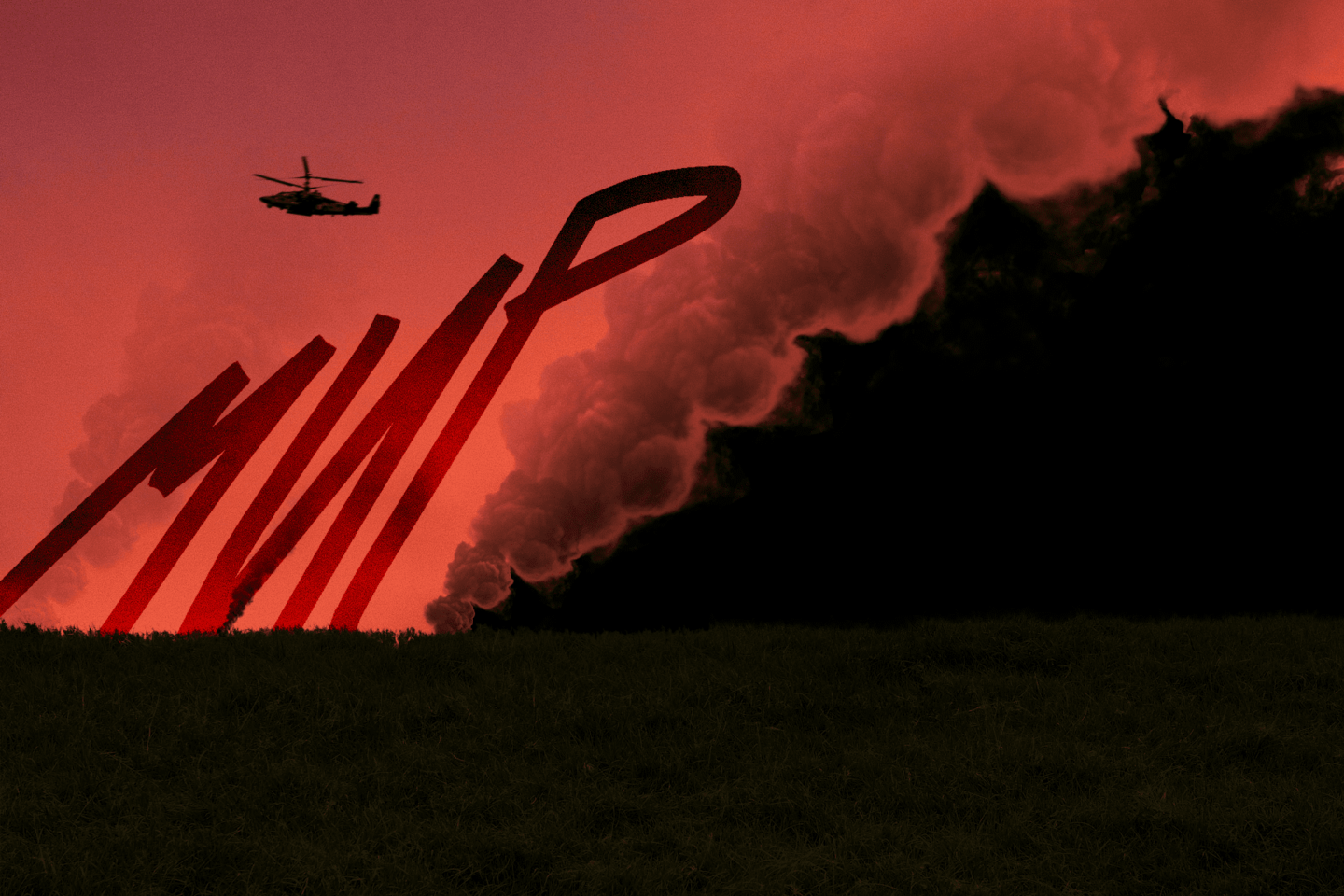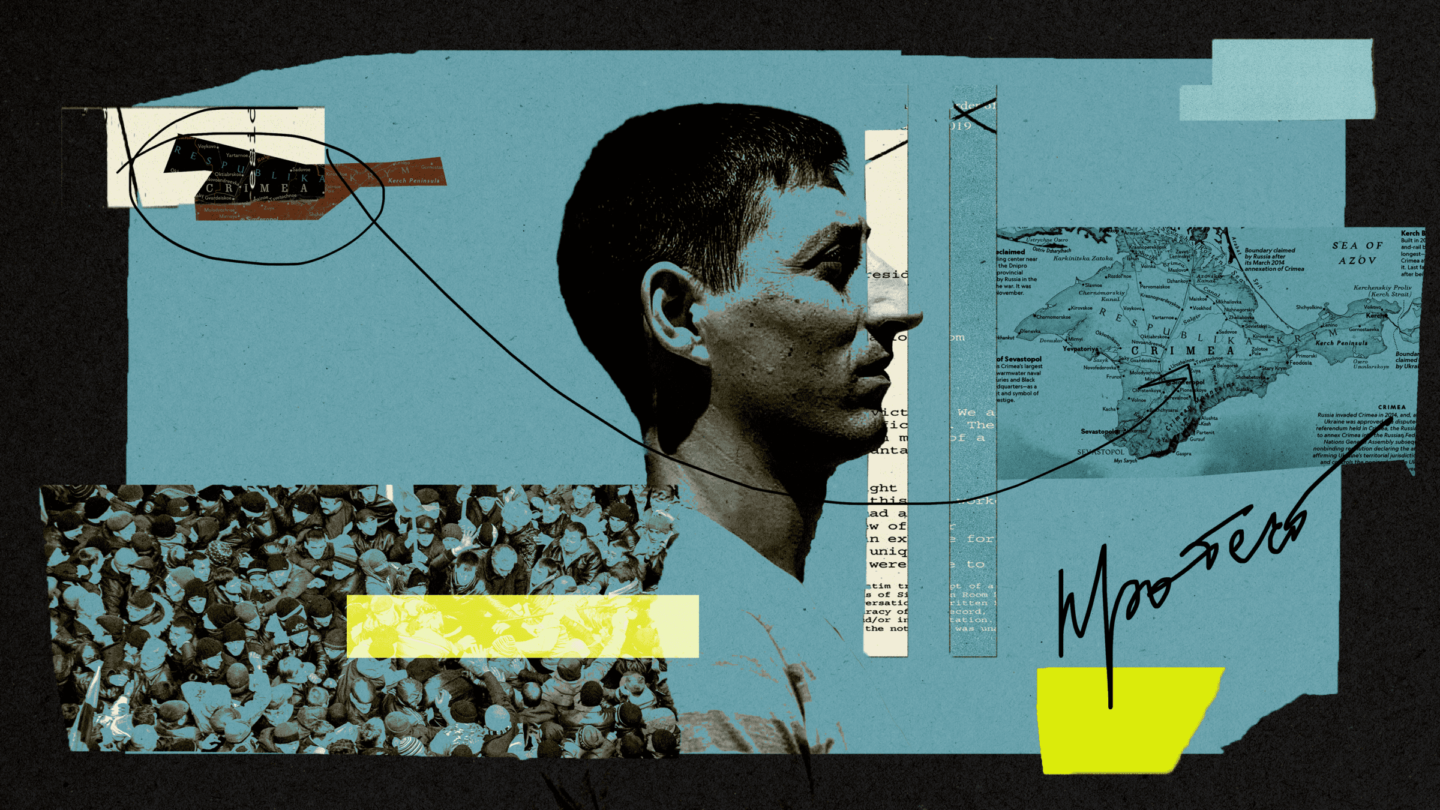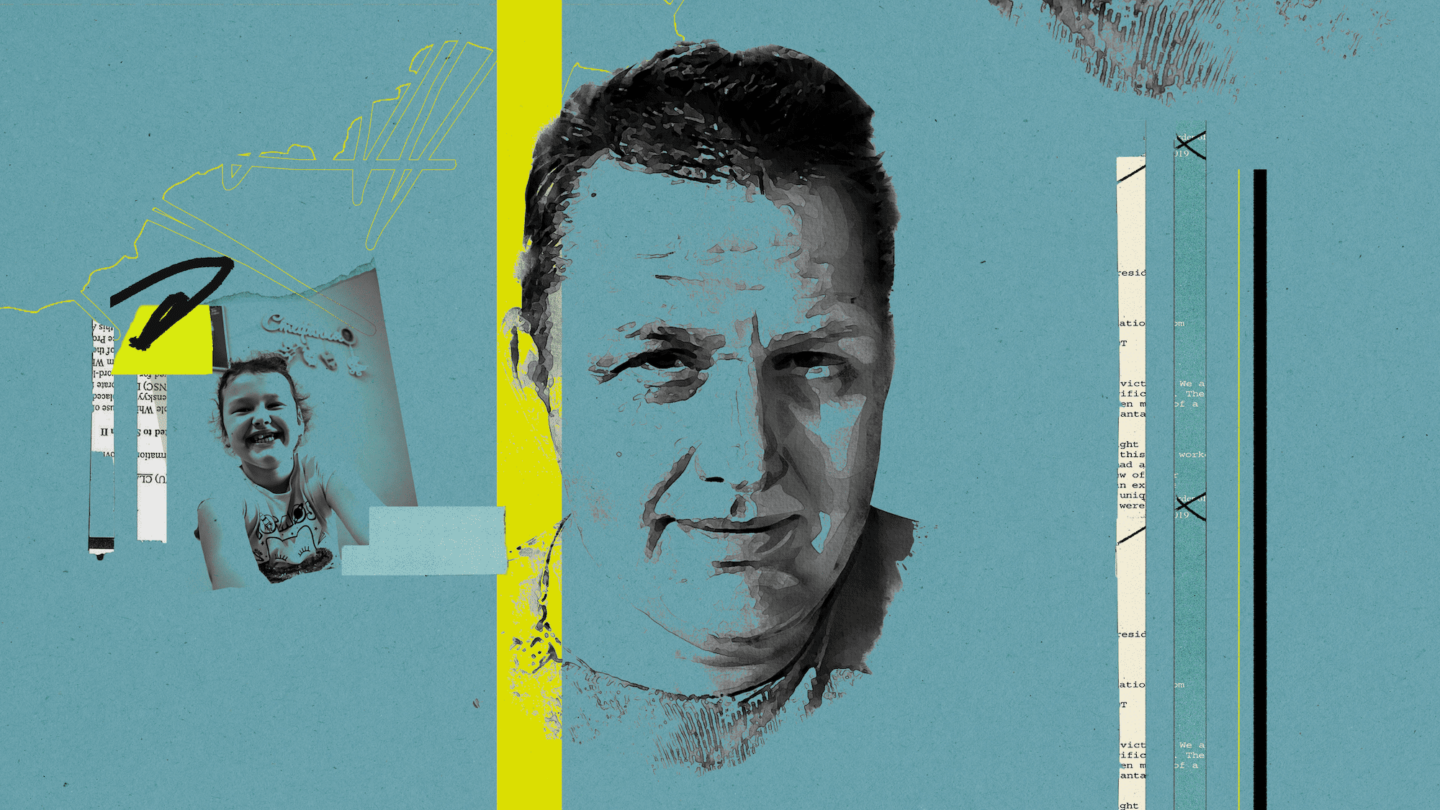The Ukrainians Media is an award-winning independent media company focusing on high-quality, long-form, and visual journalism. Our mission is to foster positive social changes in Ukraine.
This story was created thanks to the support of our readers. Please join The Ukrainians Community on Patreon and help us publish more important and interesting stories.
Shahed, Geranium, genocide
Day 236 of the invasion. A week after a large-scale missile attack on the center of Kyiv and the entire country. The clock shows a few minutes to 6 am.
The air raid alarm follows the sound of the first explosion.
Russia is changing its tactics of terrorizing the civilian population. They bought hundreds of Shahed kamikaze drones from Iran, and now they launch them, wave after wave, testing Ukrainian air defense and probing the most accessible pathways to strategic objects.
These drones are “blind” and can only follow a preset route.
Russians renamed them “Geranium-2,” but we call them “mopeds” instead for their rattling and loudness. And after the current attacks, they are increasingly called the “flying balalaikas.”
This morning, 28 drones targeted Kyiv. Five could not be downed.
There are sounds of explosions.
My wife Olena and I hear each one of them.
One of the drones hits a house in the center of the city. A young man dies together with his pregnant wife. She was in her sixth month.
The child was conceived after the invasion.
***
Photos of Philly, the rescued cat, spread across the internet.
He is another terrified victim of senseless rushism and war against civilians.
This is a war where all that lives is fighting for survival.
***
With the “shaheds,” or rather “geraniums,” the alarms get longer.
The rattling drones are slower. They fly low and are harder to down for air defense.
Kyiv woke up today not only from the explosions but also gunshots. The police and the Armed Forces tried shooting the drones down with assault rifles.
The full-scale Russian invasion spurred public debate about whether ordinary Ukrainians who have guns can use them in an attempt to shoot down another terrorist aerial moped.
***
After five loud explosions and a morning spent in the hallway, the only place with two walls that could tentatively protect against enemy shells or drones, I feel exhausted.
The only thing I can do after a morning like this is to finally take on reading Adam Jones’ monumental work, Genocide: A Comprehensive Introduction. It will eventually become my ritual during every lengthy air raid alarm that finds me at home.
Genocides aim to destroy existential identity and break habitual life patterns and consciousness.
It is this strategy that Russians are trying to impose on unoccupied cities—to instill fear, to change our daily behavior and thinking patterns, to force us to seek peace at any cost.
We feel the effects of this new fear the very next morning. Olena has a meeting across town, but the day begins with another endless alarm. So she cancels the meeting and, getting ready for a walk with our dog Lisa, says: “I’ll stay close to our neighborhood.”
***
In Mykolaiv, Russians hit two warehouses holding 7,500 tons of sunflower oil each. 17% of the world’s oil exports pass through this hub.
There are streams of sunflower oil flooding the city streets.
Russians hit a genocidal jackpot by destroying food supplies, harming nature, damaging city infrastructure, and blackmailing the world economy—all at once.
***
In a week of shelling from the beginning of October, they destroyed 30% of Ukrainian power plants.
***
I open Instagram in the evening. These days, any source of information is a source of information about the war.
The first news is about the exchange of 108 Ukrainian women held in Russian captivity. The self-proclaimed republics have detained some of them since 2019 for their pro-Ukrainian position. Twelve are civilians.
The oldest is 62 years old. The youngest is 21.
The second news is that my friends knew a pregnant woman and a man who died today. Her name was Vika. She was a sommelier and could make people fall in love with wine even if they knew nothing about it before.
The third news is that my friends know who owns Philly, the rescued cat. But the grandmother of Philly’s owner is still under the rubble.
As the singer, Sasha Koltsova, said, this is a war where everyone is just a few handshakes away from one another. That’s why it hurts so much.
Moreover, it is also a war where everyone is just a few pawshakes away from one another.
***
There have been four endless air alarms today.
There will be no rest when an alarm is lifted, for someone will have died in this waiting silence broken by explosions.
I inhale. I exhale. I try to overcome the panic. Then I inhale again. . .
The lost sense of security and intense hatred for the terrorist states of Russia, Belarus, and Iran lasted overall 10 hours and 30 minutes.
Dnipro, Brovary, plastic explosives
It has been 103 days since that alarm.
Autumn, which no one noticed, is followed by smeared winter. Tragedies come in cascades and hit my consciousness.
There have been months of bloody battles for Bakhmut and Soledar. Russia throws thousands of convicted criminals to storm the Ukrainian military positions.
A Russian missile completely destroys an entire section of a nine-floor apartment building in Dnipro. It is now the fourth day after the tragedy, and search operations are still underway. The death toll has increased to 45, including six children.
Eleven dog handlers and seven dogs of the “Antares” search and rescue squad from Pavlograd are working on the rubble. Corgi Elton and other dogs in special gloves and boots are digging up piles of debris in search of the living and the missing.
Today, a helicopter crashed on a kindergarten in Brovary. Fourteen people died, including the Minister of Internal Affairs, his deputy, the ministry secretary, and one child. Twenty-five people were hospitalized, including 11 children. Search operations are underway.
***
It is early morning, and I am watching a video of the Ukrainian military stuffing tubes with plastic explosives to drop these IEDs on the occupiers from drones. The boys fill them tightly.
When the news comes about the helicopter crash in Brovary, it occurs to me Russians fill Ukrainians with grief and tragedies just as tightly.
The time between mournings keeps getting shorter.
The shells of grief hit ever closer.
The terrorist state can only fight against civilians, while at the front, they send an endless stream of Russian expendables to slaughter. They repeat the strategy of the “Great Patriotic War,” silencing enemy machine guns with bodies of dead soldiers.
It is impossible to catch one’s breath because of this grief—as if one inhaled a dozen months ago but never managed to exhale.
***
I open my email. Foreign colleagues still wish me a happy 2023. They ask a neutral question: “How are you?”
I start my reply by typing: “Another terrible morning in Ukraine. We are losing the best. Children keep dying. Tonight we will read their stories and the stories of their parents.”
Then I delete it.
And type instead: “I am fine. We are fine. We are fucking fine.”
Then I delete it again.
Ultimately, I habitually ignore this question—many have long abandoned hope for an honest answer. I feel more comfortable being among those who need no explanations. Those who have stopped asking: “How are you?”
***
I open Facebook. These days, any source of information is a source of information about someone’s death.
Four obituaries closely follow one another in the news feed. Four friends of friends are reported dead. They were one handshake—or one farewell ceremony—away from each other.
***
Whenever I feel this black hole pain in my chest, as if the air has been sucked out of me, and I cannot exhale again, I think about the Russian military and their strategic command. It’s been four days since the last missile attack. They are still clearing the debris and retrieving the bodies of dead children from under the rubble.
So I think about the Russian military and shout: “Come on! Bring out your ships and planes. Launch your missiles at civilians and the military. I know you want to. When the whole country is mourning, now is the time. Do it!”
***
At thirty-four, in the eleventh month of the full-scale invasion, I realize I no longer hope to exhale.
I realize I don’t really want much from life.
Just for them to die. And to feel nothing.
Oleksandr Mykhed, writer, PEN Ukraine member, author of The Cat, the Rooster & the Cupboard.
Translated by Stanislav Ostapenko.
The Ukrainians Media is an award-winning independent media company focusing on high-quality, long-form, and visual journalism. Our mission is to foster positive social changes in Ukraine.
This story was created thanks to the support of our readers. Please join The Ukrainians Community on Patreon and help us publish more important and interesting stories.




